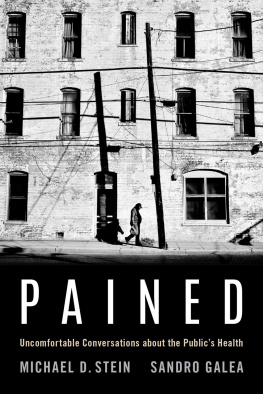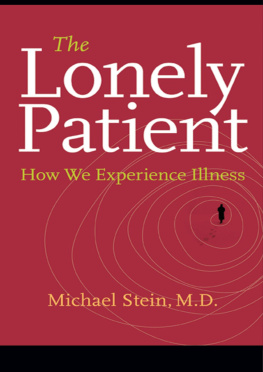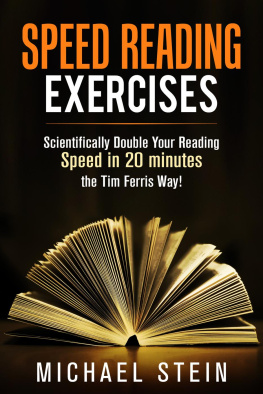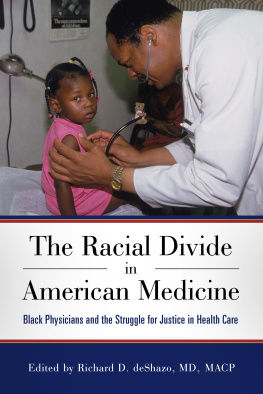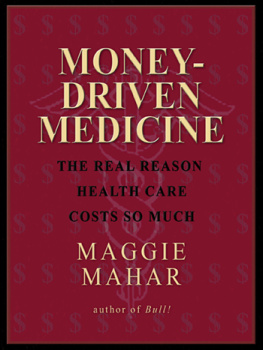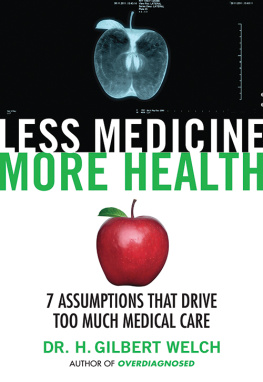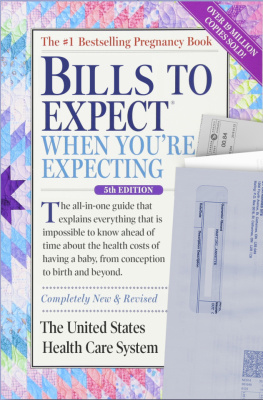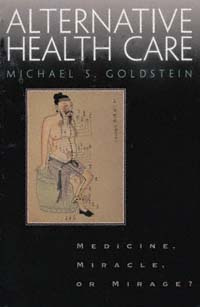PAINED

Oxford University Press is a department of the University of Oxford. It furthers the Universitys objective of excellence in research, scholarship, and education by publishing worldwide. Oxford is a registered trade mark of Oxford University Press in the UK and certain other countries.
Published in the United States of America by Oxford University Press
198 Madison Avenue, New York, NY 10016, United States of America.
Oxford University Press 2020
All rights reserved. No part of this publication may be reproduced, stored in a retrieval system, or transmitted, in any form or by any means, without the prior permission in writing of Oxford University Press, or as expressly permitted by law, by license, or under terms agreed with the appropriate reproduction rights organization. Inquiries concerning reproduction outside the scope of the above should be sent to the Rights Department, Oxford University Press, at the address above.
You must not circulate this work in any other form and you must impose this same condition on any acquirer.
Library of Congress Cataloging-in-Publication Data
Names: Stein, Michael D., 1960- author. | Galea, Sandro, author.
Title: Pained : uncomfortable conversations about the publics health /
Michael D. Stein, Sandro Galea.
Other titles: Uncomfortable conversations about the publics health
Description: New York : Oxford University Press, [2020] |
Includes bibliographical references and index.
Identifiers: LCCN 2019048246 (print) | LCCN 2019048247 (ebook) |
ISBN 9780197510384 (paperback) | ISBN 9780190602452 (hb) |
ISBN 9780197510407 (epub) | ISBN 9780197510414 (online)
Subjects: MESH: Social Determinants of Health | Public Health Practice |
Health Status Disparities | Socioeconomic Factors |
Attitude to Health |United States
Classification: LCC RA563.M56 (print) | LCC RA563.M56 (ebook) |
NLM WA 30 | DDC 362.1089dc23
LC record available at https://lccn.loc.gov/2019048246
LC ebook record available at https://lccn.loc.gov/2019048247
This material is not intended to be, and should not be considered, a substitute for medical or other professional advice. Treatment for the conditions described in this material is highly dependent on the individual circumstances. And, while this material is designed to offer accurate information with respect to the subject matter covered and to be current as of the time it was written, research and knowledge about medical and health issues is constantly evolving and dose schedules for medications are being revised continually, with new side effects recognized and accounted for regularly. Readers must therefore always check the product information and clinical procedures with the most up-to-date published product information and data sheets provided by the manufacturers and the most recent codes of conduct and safety regulation. The publisher and the authors make no representations or warranties to readers, express or implied, as to the accuracy or completeness of this material. Without limiting the foregoing, the publisher and the authors make no representations or warranties as to the accuracy or efficacy of the drug dosages mentioned in the material. The authors and the publisher do not accept, and expressly disclaim, any responsibility for any liability, loss, or risk that may be claimed or incurred as a consequence of the use and/or application of any of the contents of this material
This book is dedicated to Tobias Stein, Alexander Stein, and Hester Kaplan (MS), and to Isabel Tess Galea, Oliver Luke Galea, and Dr Margaret Kruk (SG).
Contents
Section 1
Thinking Differently
Section 2
The Personal is Political
Section 3
Counterintuitive
Section 4
A Sure Argument
Section 5
Follow the Money
Section 6
Dark Thoughts
Section 7
The Fundamentals
Section 8
Will Technology Save Us?
Section 9
What Nobody Wants to Talk About
Section 10
Making Things Better
When he was 21 years old, Benjamin Franklin gathered a select group of friends and neighborsshoemakers, glass workers, students, surveyorsto create a weekly conversation circle he called the Junto Club. For the next 38 years, the Junto Club discussed the issues of the day and served as an incubator for many institutions in the public life of the 1700s which continue in American life today, including a lending library, a fire company, even a university. Franklin provided his group with a set of questions to guide each weeks conversation.
In Pained, we gather 50 short essays and 20 data bytes that we hope will generate questions and stimulate conversation about health. We are, as a country, at a propitious time in our health conversation. We currently are in the middle of conversations that aim to push beyond the Affordable Care Act, Medicare for All, and the right to health care. These conversations, we argue, represent only a small portion of what the national conversation about health should be. We suggest here a wider list that includes a consideration of the forces that generate health and that goes beyond a focus on illness. While the book is explicitly political, it is in no way partisanwe aim to delight and incite readers of all political stripes.
As Franklin did, we ask questions in the service of inquiry; few of these essays offer answers. Not every essay imposes a necessity for great change, but we hope that each one engages its readers with questions about action, intention, and assumption.
By Pained we mean that these topicsfrom equity to poverty, from substance use to pollutioncan be difficult, indeed uncomfortable, to discuss because they affect us on a visceral level: our bodies, our lives are at risk. While the book aims to capitalize on the preoccupations of this current heated political moment to take up new approaches to these topics of the day, it aspires to stand the test of time through robust, evidence-supported pieces that will interest readers, both general audience and expert, long into the future.
We think of these pieces as starters, talking points for topics that should be part of a citizens foundation when discussing health. We intersperse surveys, tables, and graphs to enliven the text. The subjects we have chosen are meant to be an early alert system for what we believe really matters to the future health of the country, which we ignore at our peril. We hope these essays kick-start many new Junto Clubs.
We are indebted to many who have contributed to this book. This book emerged from a series of perspective pieces we published under the label The Publics Health. That project was part of our ongoing Public Health Post (PHP) work at the Boston University School of Public Health. Melissa Davenport served as Managing Editor of PHP for its first two years, helping us create a vibrant new web site. Nick Diamond took over as Managing Editor and continued the tradition of excellence. PHP exists thanks to the original groundwork laid by Catherine Ettman, the early leadership of Professor David Jones, who served as its first Editor-in-Chief, and the Fellows who contribute to it daily. We are grateful to all. The databytes presented here were written originally by Fellows working under the editorial direction of Professor Jennifer Beard. In particular, thanks to Oluwatobi Alliyu, Gilbert Benavidez, Madeline Bishop, Jori Fortson, Julia Garcia, Greg Kantor, Chrissy Packtor, Erin Polka, Sampada Nandyala, and Qing Wai Wong. And last, but most definitely not least, this book would not be possible without the outstanding editorial assistance of Eric DelGizzo, who brought to the book, as he does to all our projects together, care, dedication, and facility with language that elevates all we do. Thank you.

